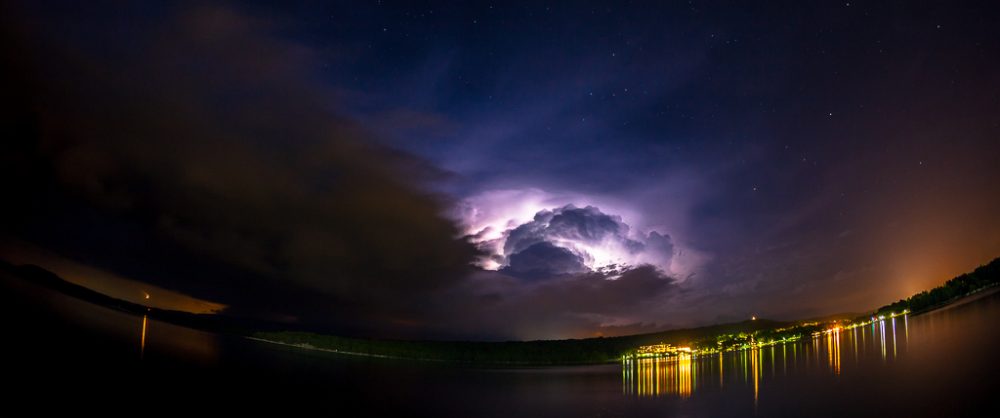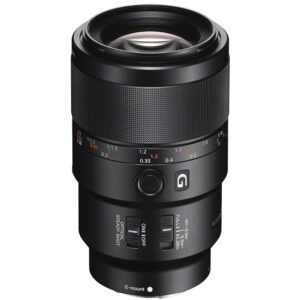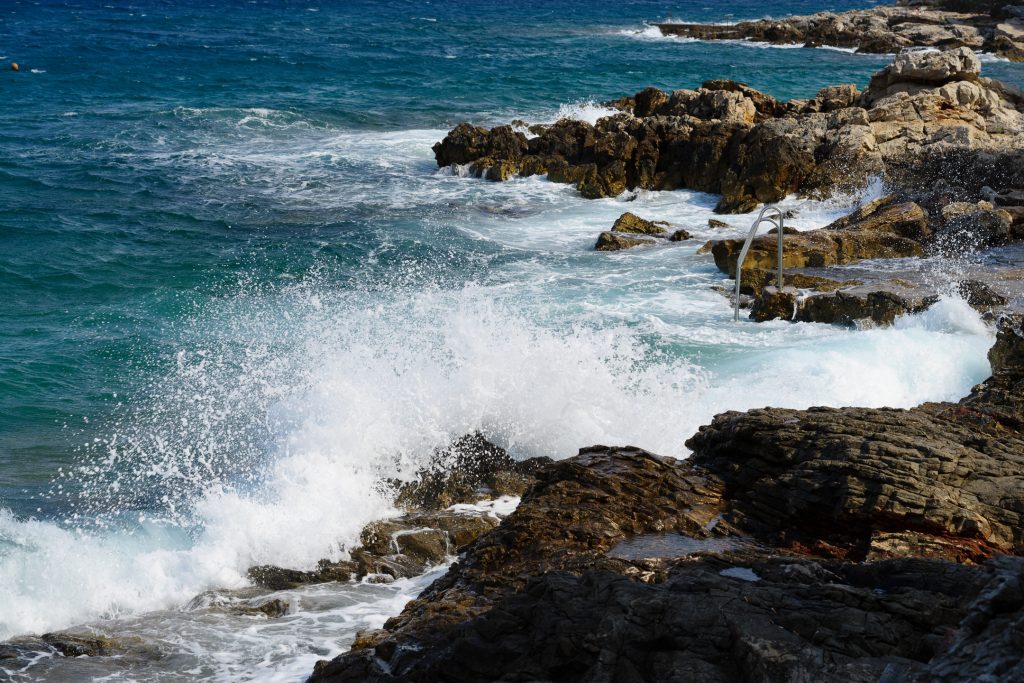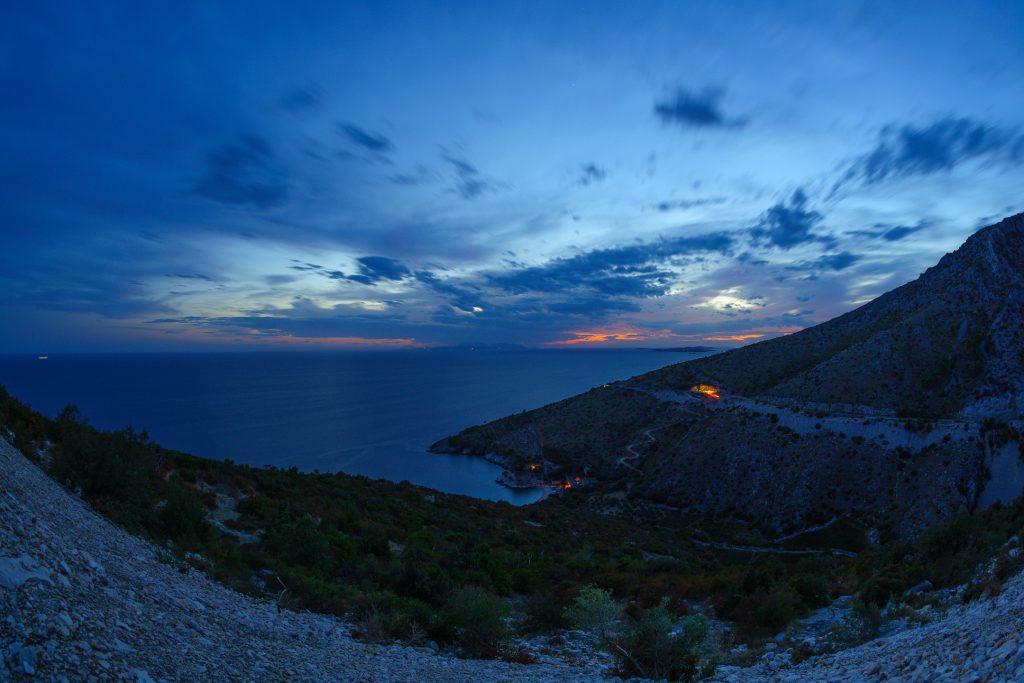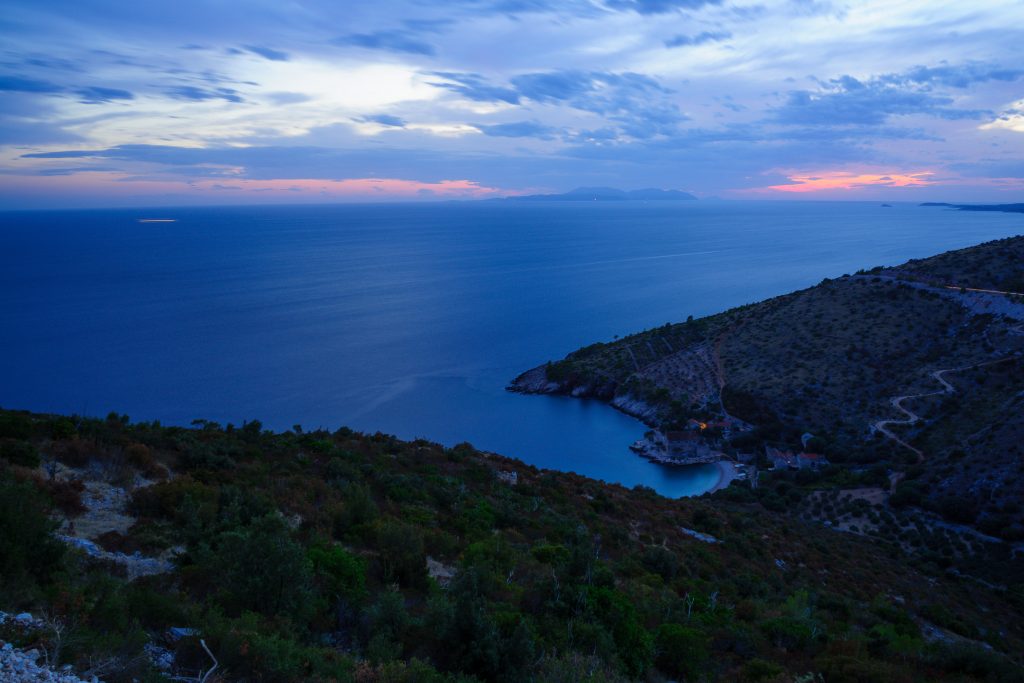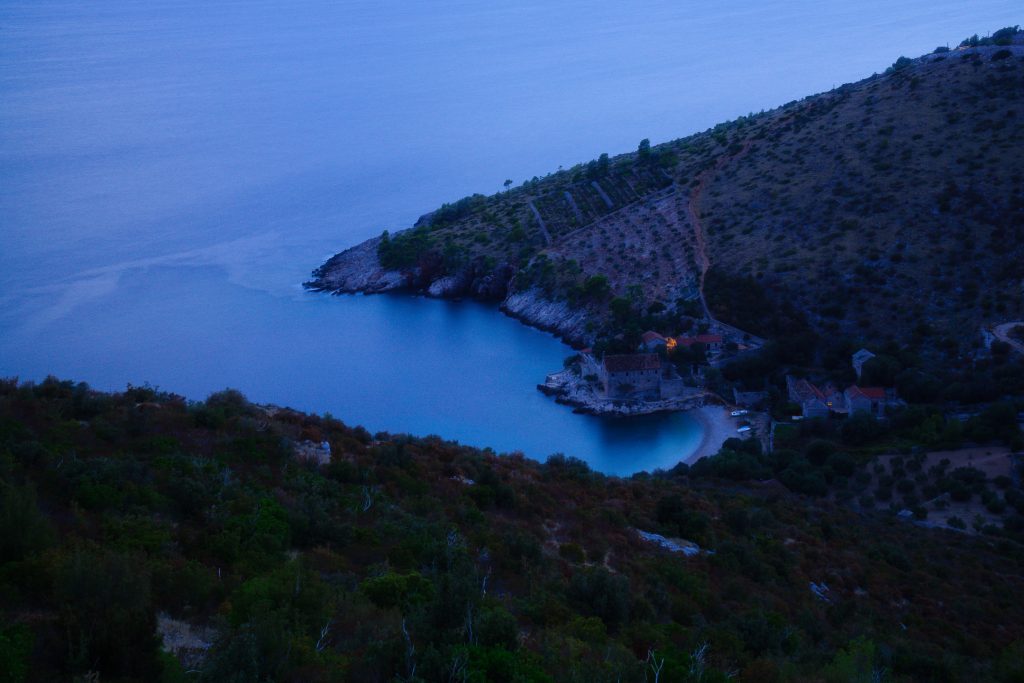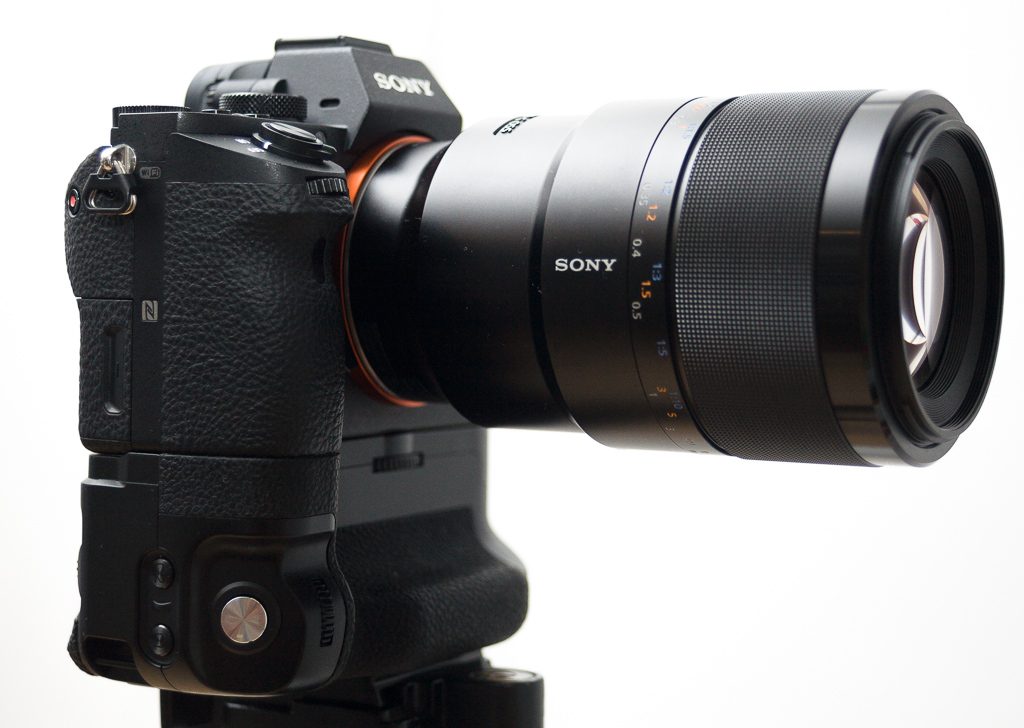Recently I watched something shocking:
This fact, that US military won’t recruit people with IQ 83 or under, is both shocking and intuitively clear to me, because I do understand that in the modern world, there’s a decreasing pool of opportunities for stupid people. In a world that is mostly high-tech and sophisticated, marginally retarded people just can’t find anything useful to do, and if they can’t find anything useful to do, it’s either attempt to create a world more to their image, so to speak, basically retarding the modern world by a few centuries, or separate the world into high-IQ one and low-IQ one, basically having a space-age star trek society and a medieval shithole next door, or extinction of low-IQ people because high-IQ people will need the resources and will be able to just take them, or, most likely, extinction of the high-IQ people because the low-IQ ones are more determined, they never have any self-doubt, they are completely certain of their course, God is always on their side, they reproduce at an exponential rate, and the West is unable to defend itself against this threat in any way, due to its current philosophical constraints.
In any case, take a look at this: https://iq-research.info/en/page/average-iq-by-country
Guess why some countries are poor, and will always stay poor, without any chance of improvement.
Their average IQ is below the threshold of admittance for the US army, and if you’re too fucking dumb to be trained to be a soldier, well, no comment. Maybe they can find some niche in the sexual industry, to put it nicely. Sure, the average IQ doesn’t tell the whole story, Croatian average IQ is 90, which I have no difficulty believing because most people I meet here are stupid as rocks, but if you come to the university the average IQ would be around the MENSA admittance threshold, so you can obviously have a significant number of very smart people in a society in which majority is borderline retarded. However, having in mind that the average IQ in some societies is near or below completely unemployable, don’t get me started about unequal income levels and social differences. If someone with IQ 83 is below subsistence, and someone with IQ 150 is wealthy, that’s not an unexpected outcome in a society that uses computers, Internet, complex tools and international markets to function. The problem is, what will happen when a huge majority of people falls below a threshold of being able to find a normal job that pays well enough to make a living on the market? I’ll tell you what will happen. They will embrace socialism, because it will be the last straw. They can’t make it in capitalism, they’re too fucking stupid to program computers, make web apps or order cheaper things from Alibaba or Amazon. However, they can still vote, and this will be exploited by people whose IQ is much higher than 83, I guarantee you that, but they will manipulate the stupid disenfranchised masses into voting them into power.
There’s another problem, of course. Our civilization is increasingly demanding. It’s easy to dismiss the IQ 83 people, because I would expect that to be close to the higher-end of the Homo Erectus level of cognition. Heck, Bonobo chimps are quoted as having IQ of over 40 (yes, I know the IQ scale is normalized to 100 relative to a population, and not absolute, so read with this in mind). However, in a simple society such a person can function. He or she can pick berries or cocoa beans. In a modern society, the threshold of dropping out is higher. Projecting this trend into the future, it’s conceivable that at a certain point anyone below MENSA admittance threshold won’t be able to successfully function. Projecting it further, you get to the point where only a few thousand super-smart individuals in a few tech companies will be able to function at a level necessary to make good money, while the rest will be akin to chimps living in a world ruled by men. What happens when having a PhD and IQ of 148 isn’t enough to get a subsistence wage job, because there’s only a few jobs that aren’t automated, and they are basically for astronaut-level qualifications, with multiple science degrees and IQ of over 180? Sure, it’s easy to dismiss stupid people who favor socialism because they can’t make it on the market, but what happens when there’s 8 billion people and only 8000 are qualified to actually do anything worth paying them for?
I’ll tell you what happens. Civilizational collapse, and not in the hypothetical aforedescribed future, but fucking now. That’s the reason why everything is falling apart and socialism became popular. It’s because if you’re not a genius, you’re getting increasingly fucked, and even if you’re a genius your life is unbearably difficult, to the point where you don’t have a life beside work. The whole thing is a nightmare for almost everybody, which is why everybody is sending all those smiling selfies, posturing how wonderful their life is. It’s because their life sucks so much they are afraid all hell is going to break loose if anyone finds out, so they posture online and eat antidepressants like candy in private.
